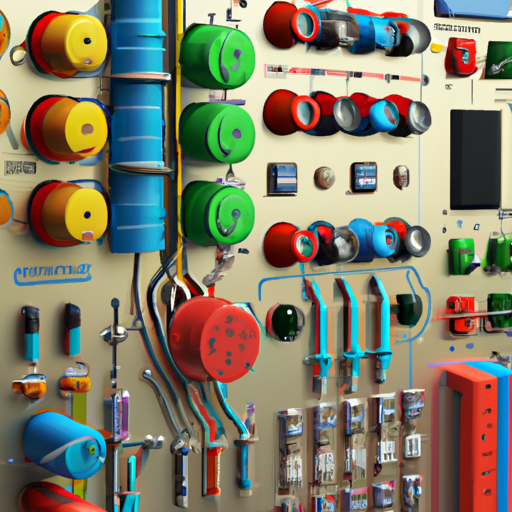Artificial intelligence (AI) is about to revolutionize every aspect of the product development process, according to Deepam Mishra, AWS Senior Advisor to Startups and AI expert. Mishra predicts that generative machine models, in particular, will help lift human creativity in the product space. With AI as their co-pilot, product managers, engineers, and designers will be able to navigate a new terrain, while rote, repeatable actions will be replaced by time spent designing and iterating on better, more powerful products.
Product-market fit predictions will be more accurate
A whopping 35% of SMBs and startups fail because of no market need, and AI-fuelled data analysis can significantly reduce this number. AI will help startups collect a more accurate, well-rounded view of the quantitative and qualitative data they need to determine things like whether their product meets their customers’ needs, or whether they’ve even selected the right audience in the first place.
AI will greatly enhance speed of iteration and time to market
Creating mockups and prototypes of a product you want to test is one of the most time-consuming aspects of the product development lifecycle. With AI, startups could recreate mockups and prototypes in just a few hours, ensuring that they don’t waste money and time building features that won’t yield strong returns.
AI will change how you collect customer feedback
Most enterprise information is unstructured and exists in the forms of documents, emails, and social media chatter. Structured data has limitations in such cases, which is why generative AI can help convert customer feedback into data and charts and trend lines can be analyzed in the same way structured data can be. AI-generated data can help determine product-market fit or even which features to add or eliminate from a product.
AI will redefine how engineers and product managers interact with software
Up until now, we‘ve had entire roles defined around getting people trained on particular product suites. They’ve become the experts on a given software and understand how every piece works. With generative AI tools, a lot of the training is pre-programmed and can be systemized. Training duties could even be replaced by chat-based AI in more intensive processes, like prototyping.
AI will lift human creativity in the product space
Machine learning has been around for almost two decades and already has been leveraged for a long time in the product development space. But the new generative machine models take this process a step further. They can apply patterns of thinking behind the creative process, which can supercharge the human creativity component itself.
Eventually, AI will change the customer experience entirely. In the future, companies will reimagine the entire product experience, with AI as its foundation. They will reimagine the interfaces between humans and technology.

